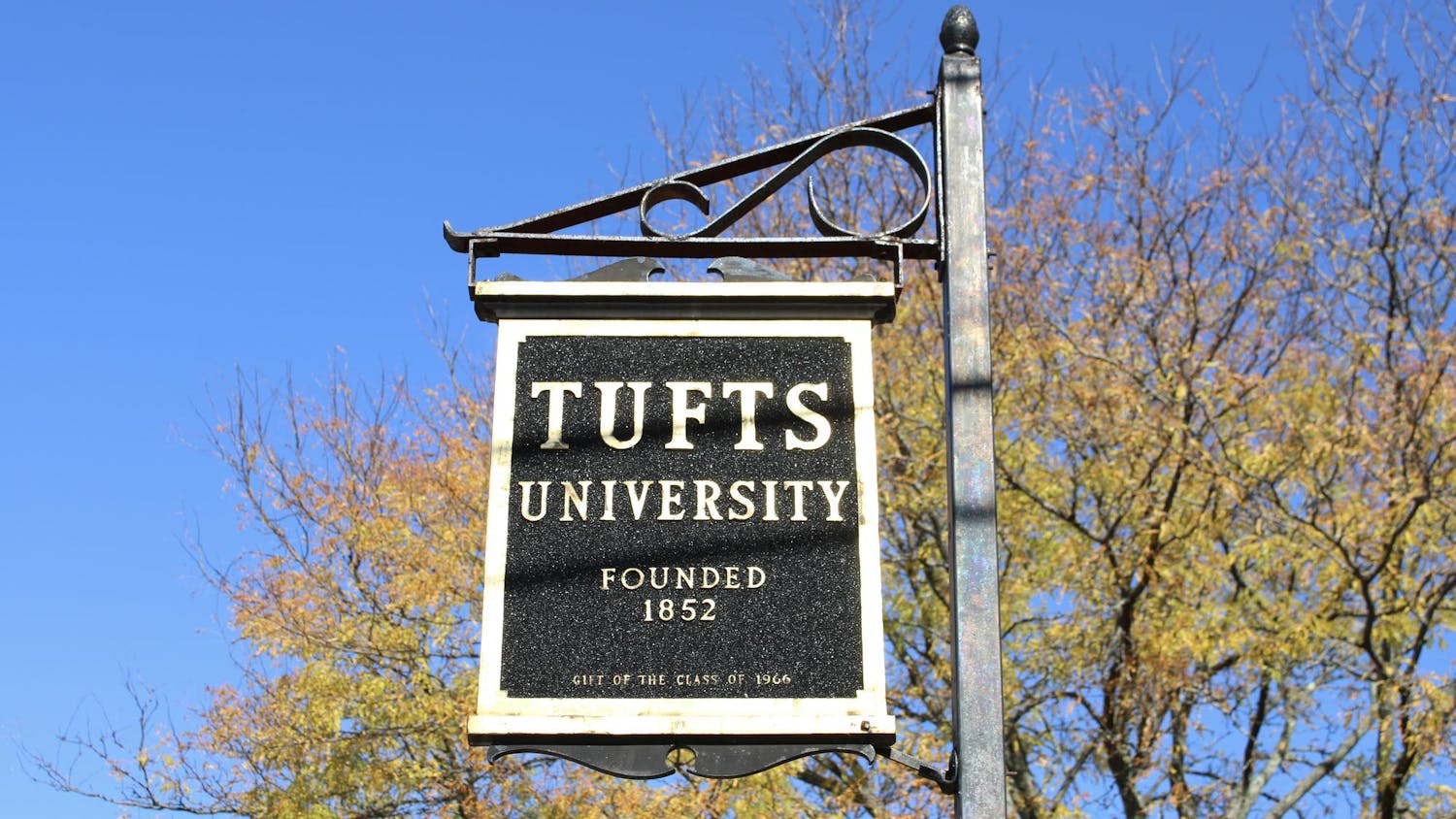In today’s America, polarization is seemingly everywhere: in a gridlocked congress, in knock-down drag-out election campaigns, in city council meetings. While ideological divides will always exist, the level of vitriol aimed at the political other can conceal the fact that Americans are often more closely aligned on issues — such as gun rights and abortion — than we are led to believe. Why, then, do we feel so divided? The real root of the issue is the ‘politics of demonization,’ in which we view people of different or opposing political views as evil or as our enemies. Ultimately, this causes people to overlook compromise in favor of putting one past the political other. This cycle of hatred is liable to pull anything into its path, and once something gets caught, the results can be dramatic. And in the case of wolves, it can even be deadly.
Wolves have long been caught in the middle of this cycle. Beginning with Manifest Destiny and the introduction of government-funded wolf hunting — which essentially eliminated all wolves from the western U.S. by 1945 — there has been a debate about what place wolves have in our country. Many people running farms and ranches in areas with high wolf populations advocate killing wolves in order to prevent the loss of their livestock, whereas many environmentalists argue that killing wolves has upset ecosystems across the country.
Of course, these are legitimate concerns from both parties. But they are also concerns easily assuaged by compromise, proven by several programs that have been developed to save the wolves without hitting farmers’ pockets. For example, Colorado has been a leader in this area, introducing programs to reimburse farmers for livestock killed by wolves. State grants in Oregon have also helped pay for an electric fence around one farmer’s property to prevent livestock deaths, without hunting down wolves.
Unfortunately, these solutions are an exception to the more disturbing rule of what has been occurring to deal with the wolf issue. Environmentalists attempting to reintroduce small groups of wolves back to ecosystems have faced lots of pushback, not just due to legitimate concerns but also because of partisan otherization. Environmentalist Ed Bangs, who has worked to reintroduce wolves in the west, summed this up perfectly: “It’s about making ‘snowflakes’ cry.”
Specifically, Bangs is referring to the wave of anti-wolf legislation that swept the west in the aftermath of the Trump Administration’s delisting of wolves from the Endangered Species Act in 2020. Many state legislatures seized control of wolf management and began passing legislation that, in the case of Wisconsin, led to the killing of 218 wolves in just three days. In Idaho, legislation was implemented to reduce the state’s wolf population by 90%, setting aside over $1 million to reward people for killing wolves. Bangs described how such an outlandish policy was put in place: “[The] legislatures politicized everything and made wolves a symbol of liberals and outsiders. It’s 1850s stuff — let’s show how much we hate wolves and the people who like them, and let’s stick it to the Feds.”
This legislation is even more disturbing when you realize that it is not in line with American attitudes toward the issue. Studies over the past decade have found that the majority of Americans have a generally positive attitude toward wolves, despite the fact that local media coverage portrays wolves disproportionately negatively.
Ultimately, wolves become nothing more than a stand-in for grievances with a political other and in the process are killed en masse. This reality is disturbing, especially since wolves are just one example of how the demonization of the other can have serious, detrimental effects. What’s important, then, is to end this demonization. We should be able to hear opposing ideas without hatred and not let the view of ‘the other’ prevent compromise. The harm our divides can cause is most acute when we let every issue become a battlefield of ideological trench warfare.






